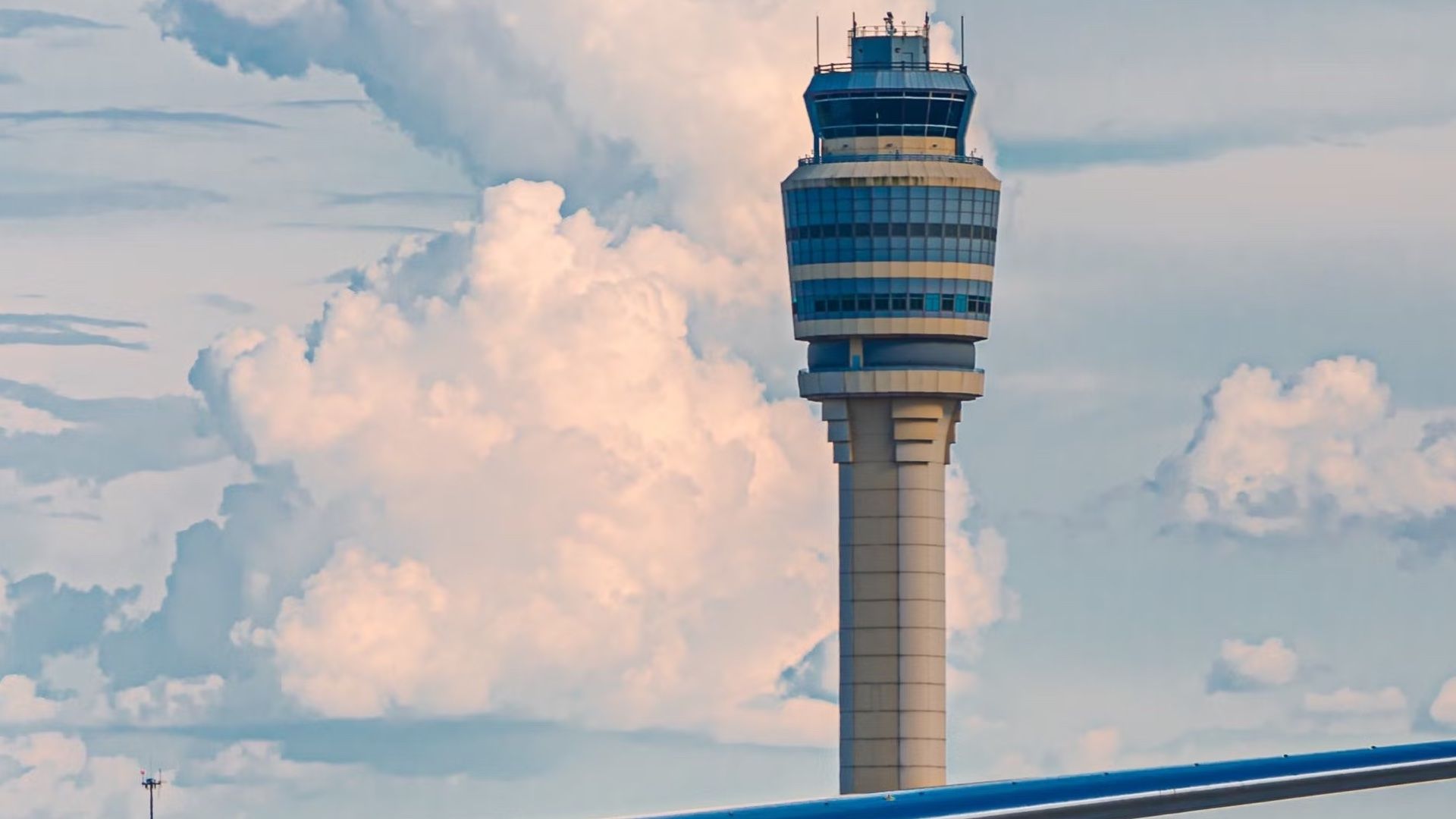World
Hartsfield-Jackson Atlanta Airport Remains USA’s Busiest Hub in 2025

Hartsfield-Jackson Atlanta International Airport (ATL) has maintained its status as the busiest airport in the United States for 2025. Renowned for its extensive global reach, ATL serves as a vital hub for Delta Air Lines, which dominates passenger traffic through the facility. With nonstop services to over 200 destinations worldwide, the airport plays an essential role in Delta’s operations and the broader aviation industry.
A Comprehensive Overview of Hartsfield-Jackson ATL
Located approximately 10 miles south of downtown Atlanta, Hartsfield-Jackson is named after two influential former mayors, William B. Hartsfield and Maynard Jackson. The airport has consistently led global passenger traffic since 1998, with a remarkable rebound to 108.1 million passengers in 2024, following a dip in 2020. Not only does ATL rank first in passenger numbers, but it also leads in aircraft movements, underscoring its strategic importance to Delta Air Lines, which operates its headquarters and Technical Operations Center on site.
Encompassing over 4,700 acres across parts of Clayton County and the city of Atlanta, the airport is well-served by the Metropolitan Atlanta Rapid Transit Authority (MARTA). This connectivity facilitates swift access to the city’s downtown. With five parallel runways, including one capable of accommodating the Airbus A380, ATL’s infrastructure supports high-capacity operations and enhances the efficiency of its flight schedules.
Historical Significance and Growth of ATL
Hartsfield-Jackson’s evolution began in 1924 on the site of a former racetrack. Initially serving as a municipal airfield, it transitioned to a major hub by the 1930s, primarily through the efforts of Eastern Air Lines and Delta Air Lines. The airport underwent significant expansions, particularly in the 1960s and 1980s, culminating in the current complex that opened in 1980. The most recent International Terminal debuted in 2012, reflecting ongoing growth and the need for increased capacity.
Delta Air Lines has become synonymous with Hartsfield-Jackson, representing approximately 73.7% of passenger traffic. In addition to Delta, other carriers such as Southwest Airlines, Frontier Airlines, and Spirit Airlines operate at ATL, providing a mix of low-cost and international flights. Notable international airlines, including Virgin Atlantic, Turkish Airlines, and Qatar Airways, have also expanded their service offerings at the airport.
The airport’s extensive ground transportation network, including the MARTA rail system introduced in 1988, eases passenger transfers, making ATL a convenient choice for travelers.
The Competitive Landscape and Delta’s Dominance
The competitive environment at Hartsfield-Jackson is characterized by Delta’s overwhelming market share. With the airline controlling roughly 78% of passenger traffic when including its regional subsidiary Endeavor Air, Delta’s influence is substantial. This dominance is complemented by the airline’s extensive scheduling, with over 1,000 daily flights connecting passengers across various domestic and international routes.
Southwest Airlines, holding a market share of around 7.1%, follows Delta but operates under a point-to-point model, limiting its expansion at ATL. Meanwhile, Frontier and Spirit Airlines contribute to lower fare options but have a combined market share of less than 8%, which does not significantly enhance connectivity for business travelers.
Despite a fragmented presence from competitors like American Airlines and United Airlines, Delta’s robust transatlantic network remains a cornerstone of Hartsfield-Jackson’s operations.
Strategic Importance of ATL for Delta Air Lines
For Delta Air Lines, Hartsfield-Jackson is more than just a hub; it is the backbone of the airline’s operational strategy. As a critical junction for connecting passengers to Europe and South America, the airport enables Delta to maintain its competitive edge in the global market. The airline’s frequent flights and loyalty program, SkyMiles, are heavily integrated into ATL’s operations, further solidifying its significance.
Delta’s co-location with its TechOps center also enhances operational efficiency, generating revenue through maintenance services. This synergy allows Delta to optimize aircraft and crew deployment, accommodating seasonal demand fluctuations and ensuring route availability for long-haul flights.
In summary, Hartsfield-Jackson Atlanta International Airport stands as a vital component of Delta Air Lines’ expansive network. The airport not only facilitates millions of passenger journeys annually but also plays a crucial role in the broader dynamics of the global aviation industry. As Delta continues to leverage its fortress hub, ATL’s prominence in air travel is expected to remain solid for the foreseeable future.
-

 Politics4 weeks ago
Politics4 weeks agoSecwepemc First Nation Seeks Aboriginal Title Over Kamloops Area
-

 World5 months ago
World5 months agoScientists Unearth Ancient Antarctic Ice to Unlock Climate Secrets
-

 Entertainment5 months ago
Entertainment5 months agoTrump and McCormick to Announce $70 Billion Energy Investments
-

 Science5 months ago
Science5 months agoFour Astronauts Return to Earth After International Space Station Mission
-

 Lifestyle5 months ago
Lifestyle5 months agoTransLink Launches Food Truck Program to Boost Revenue in Vancouver
-

 Technology3 months ago
Technology3 months agoApple Notes Enhances Functionality with Markdown Support in macOS 26
-

 Lifestyle3 months ago
Lifestyle3 months agoManitoba’s Burger Champion Shines Again Amid Dining Innovations
-

 Top Stories2 months ago
Top Stories2 months agoUrgent Update: Fatal Crash on Highway 99 Claims Life of Pitt Meadows Man
-

 Politics4 months ago
Politics4 months agoUkrainian Tennis Star Elina Svitolina Faces Death Threats Online
-

 Sports5 months ago
Sports5 months agoSearch Underway for Missing Hunter Amid Hokkaido Bear Emergency
-

 Politics5 months ago
Politics5 months agoCarney Engages First Nations Leaders at Development Law Summit
-

 Technology5 months ago
Technology5 months agoFrosthaven Launches Early Access on July 31, 2025





















